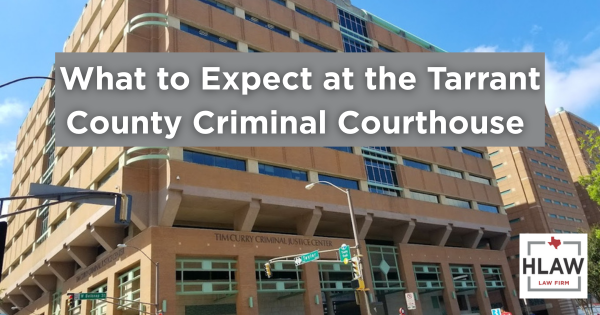 The juvenile justice system is a hybrid system. Juvenile proceedings are technically civil in nature, but they incorporate many elements from the criminal system. The reason for this separate system is to teach children that they will be held responsible for their actions without labeling them as criminals. The differences between adult and juvenile trials is a direct result of this difference in systems.
The juvenile justice system is a hybrid system. Juvenile proceedings are technically civil in nature, but they incorporate many elements from the criminal system. The reason for this separate system is to teach children that they will be held responsible for their actions without labeling them as criminals. The differences between adult and juvenile trials is a direct result of this difference in systems.
Terminology
One of the most noticeable distinctions between adult and juvenile trials is in terminology. Juveniles accused of crimes are called respondents, not defendants. Juries do not decide whether a respondent is guilty. Instead, they decide whether it is true or not true that he engaged in delinquent conduct.
Participants
In Tarrant County, the participants that you will see sitting in the courtroom during a juvenile trial are not the same as in an adult case. In addition to the judge, prosecutor, defense attorney, juvenile, court reporter, and jury, there are a couple other participants in juvenile cases. A parent or guardian of the respondent is required to be present during all proceedings. The Tarrant County juvenile judge also requires an intake probation officer to be present anytime the juvenile is in court.
Procedures
For the most part, the procedures in an adult trial and a juvenile trial in Tarrant County are similar. The same rules of evidence apply. A juvenile respondent has the same rights during a trial as an adult defendant has. The trials in the two systems follow the same general order, as well.
There are a few significant differences, however. First, and probably most important, is the contrast in who makes punishment decisions in the trials. In adult cases, a defendant can choose whether a judge or jury determines punishment. However, in juvenile cases, a respondent only has this choice in determinate sentence cases. In all other cases, a judge will determine the punishment, if any.
Another difference is the judge’s charge to the jury. The jury charge in a juvenile case is a civil charge with criminal language included in it. It is typically longer than a standard criminal charge in an adult case. The jury’s verdict form is also a bit different. In adult cases, the verdict form asks the jury to write guilty or not guilty. In juvenile trials, as mentioned earlier, the jury determines true or not true that the respondent engaged in delinquent conduct.
Disposition/Punishment Phase
In adult criminal trials, if a defendant is found guilty, the case moves into the punishment phase. In juvenile cases, that next phase is called the dispositional hearing. This is another area in which a juvenile trial differs from adult trials in Tarrant County.
If the jury is assessing punishment in an adult case, it generally happens almost immediately after a verdict of guilty is returned. If the defendant chooses the judge to assess punishment, the hearing is usually scheduled for a later date.
In the juvenile justice system, most of the time, the respondent does not get to choose who determines disposition. The judge will make the vast majority of these disposition decisions. This means that the dispositional hearing will usually be held a few weeks after the trial. Unlike in adult cases, a social history report on the respondent must be prepared by the intake probation officer prior to the dispositional hearing taking place. This report will be considered by the judge in assessing the appropriate disposition.
Practical Differences
The last big discrepancy between adult and juvenile cases has to do with the practical effect that these cases have on the person accused. The juvenile system emphasizes rehabilitation instead of punishment. Therefore, juvenile dispositions do not have the same long-term ramifications that adult punishments have. Typically, they are limited in length due to the age limits imposed by the system. In Tarrant County, the juvenile judge will consider probation in each case in which it is appropriate to consider.
There are a lot of differences between adult and juvenile trials. The main reason for this is because these trials are part of two separate and distinct systems. The juvenile system is a hybrid, combining parts of the civil and criminal systems into one. While there are many similarities between the two, this article highlights the main distinctions between the two.
About the Author
Christy Dunn is a writer and attorney licensed to practice in Texas. She was a prosecutor for 15 years. The last five years of her prosecutorial career was spent in the Juvenile Division of the Tarrant County District Attorney’s Office. She has tried over 20 juvenile cases in Texas and multiple certification hearings.










